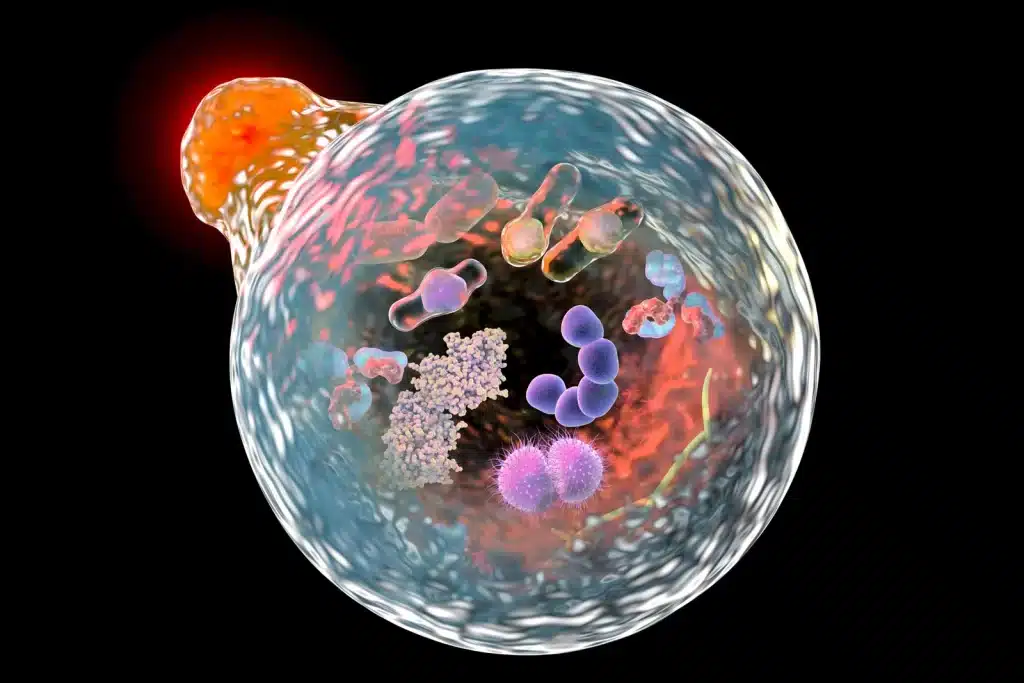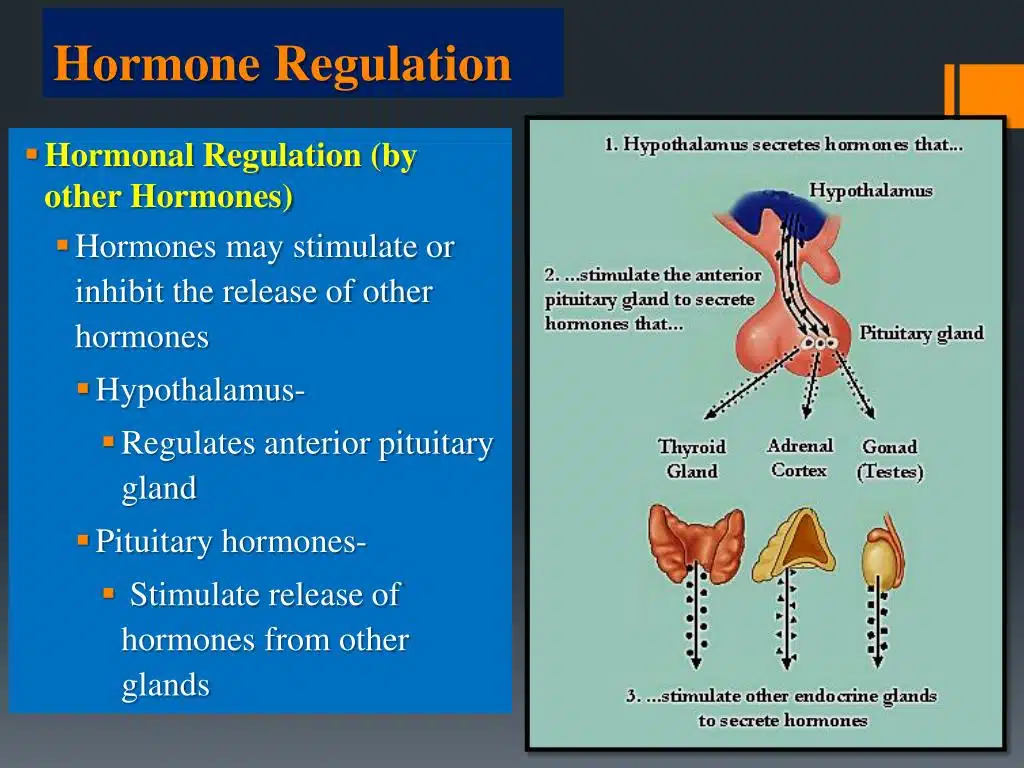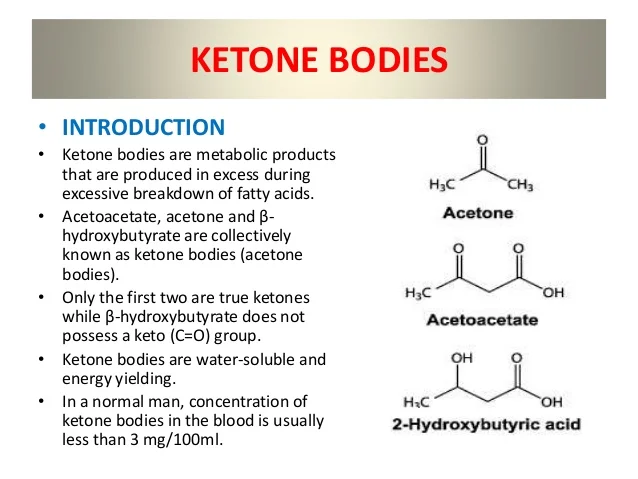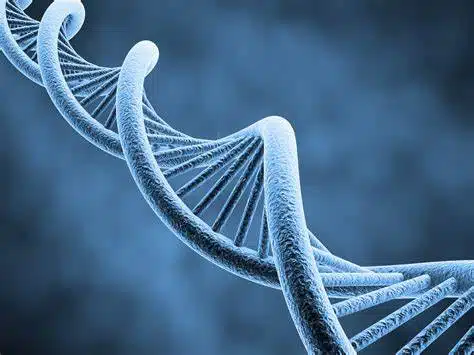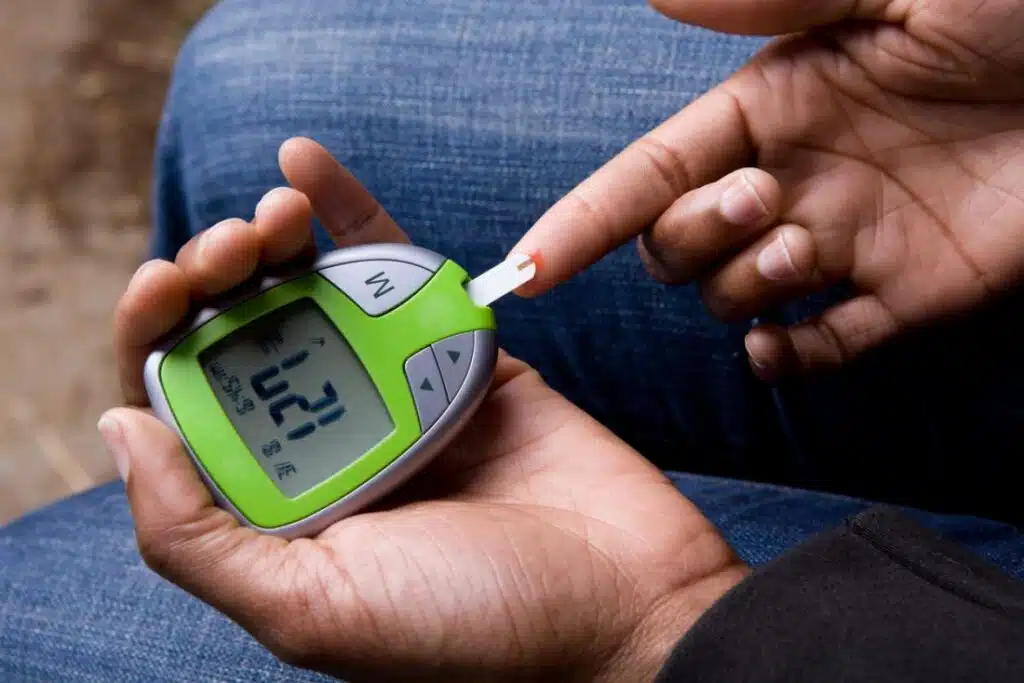Diet, health & well-being, intermittent fasting, Lifestyle, Uncategorized
7 Reasons Why Intermittent Fasting is a Cheat Code for Improved Health and Body Composition
Intermittent fasting can be a cheat code for helping to attain your ideal physique while serving to boost your longevity. It is believed to have various potential health benefits, especially when undergoing a 3 day water fast. This is what I did back in June, and it was quite the experience. It’s important to note that individual responses to fasting can vary, and not everyone may experience the same effects. Nonetheless, here are 7 specific reasons why some people find extended fasts so effective.
1. Autophagy
Fasting can stimulate autophagy, a cellular process in which the body removes damaged or dysfunctional cells and cellular components. This may contribute to cellular repair and regeneration. This process boosts your body’s natural ability to function, and improves your skin complexion. Cellular autophagy starts to kick in around 18 hours, so if you can go that long consistently, the more power to you.
2. Hormone regulation
Fasting can impact hormone levels, including insulin and human growth hormone (HGH). During fasting, insulin levels decrease, which may help improve insulin sensitivity. Increased levels of HGH may support muscle preservation and fat utilization.
3. Metabolic benefits
Fasting may lead to changes in metabolism, such as increased ketone production. Ketones are produced when the body breaks down fat for energy, and they may have neuroprotective and anti-inflammatory effects. The production of Ketones in the body also have increased cognitive functioning properties, as many people have increased focus when working.
4. Cellular repair and regeneration
Fasting may promote the repair and regeneration of tissues and organs. Some studies suggest that fasting may enhance the body’s ability to repair DNA and support overall cellular health.
5. Weight loss
Fasting can create a calorie deficit, leading to weight loss. Additionally, the body may switch to using stored fat for energy during fasting, contributing to fat loss. It takes being in a 3,500 calorie deficit to lose one pound of fat. If you typically eat 3,500 calories per day and undergo a 24 hour water fast, that will create a pound of fat loss, assuming you don’t eat those lost calories back at a later point.
6. Improved blood sugar control
Fasting may help improve blood sugar levels and insulin sensitivity, which can be beneficial for individuals with insulin resistance or type 2 diabetes. In addition, reduced insulin levels cause your body to hold onto less water, which lowers blood pressure.
7. Inflammation reduction
Some studies suggest that fasting may help reduce inflammation in the body. Chronic inflammation is associated with various health conditions, so reducing it may have positive effects on overall health. The reason for this is because fasting reduces oxidative stress within the body, which is responsible for damaging cells if not managed. In addition, Fasting reduces the number of monocytes released, which are pro-inflammatory cells.
Conclusion
It’s essential to approach fasting with caution and under the guidance of a healthcare professional, especially for individuals with underlying health conditions, pregnant or breastfeeding women, and those with a history of eating disorders. Fasting may not be suitable for everyone, and individual responses can vary. Additionally, more research is needed to fully understand the long-term effects and potential risks of extended fasting periods.
When first starting out, it would be wise to have as 12:12 eating to fasting schedule. It can then gradually be built up to 14:10, 16:8, 18:6, 20:4, and even longer. I would recommended having a number of 24 hour fasts and a couple 48 hour fasts under your belt before trying a 72 hour fast, as you don’t want to throw your body out of rhythm too much.
Autophagy starts to kick in around 18 hours, so if it wouldn’t affect your lifestyle too much to do this, then go for it. Unless very overweight, I wouldn’t recommend doing 24 hour fasts more than one day a week, or 72 hour fasts more than once a month. One thing is for certain: if you’re willing to stay consistent, intermittent fasting will change your life for the better on all levels!


